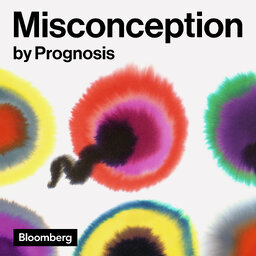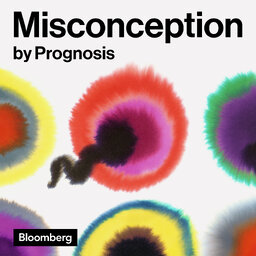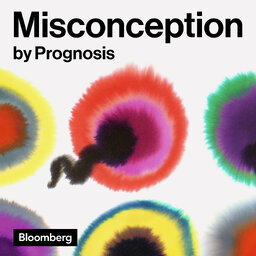Misconception: Big Baby
Prognosis: Misconception
Reality TV stars are freezing their eggs on camera. Lawmakers in DC are debating federal protection for IVF. Hundreds of millions of dollars are being…258 clip(s)
Loading playlist
Kristen is trying to figure out where to freeze. While trying to pick a clinic, she uncovers how an influx of private equity and other funding hasn’t actually made things better for fertility patients. She learns about fertility mishaps, mistakes and how labs and clinics are really run.
In 1 playlist(s)
Prognosis: Misconception
For much of human history, we’ve turned to diets to lose weight and improve our health. But it’s mos…Social links
Follow podcast
Recent clips

Introducing: Levittown
03:10

Misconception: Great Expectations
18:42

Misconception: Money Money Money
26:51
 Prognosis: Misconception
Prognosis: Misconception